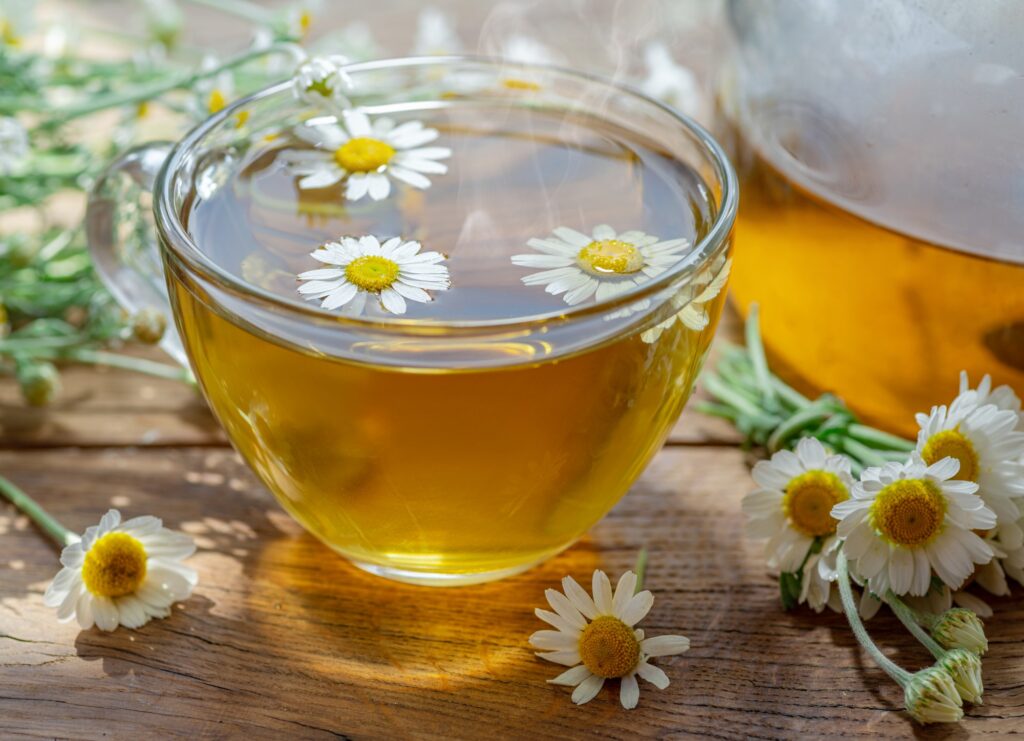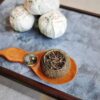
As a new parent, you want the best for your little one. You’ve probably heard whispers about chamomile tea being a miracle solution for fussy babies. But before you brew that cup, let’s dive into what science really says about chamomile tea for newborns.
The Age Factor: Safety Guidelines for Different Stages
0-3 Months: Proceed with Caution
During these precious first months, your baby’s digestive system is still developing. Experts strongly advise against giving any herbal teas, including chamomile, to infants under 3 months old. At this stage, breast milk or formula should be the sole source of nutrition and hydration.
3-6 Months: Still Too Soon
While your baby is growing rapidly, their system isn’t quite ready for chamomile tea yet. The American Academy of Pediatrics recommends waiting until at least 6 months before introducing any foods or drinks other than breast milk or formula.
6-12 Months: Approach with Care
After 6 months, some parents consider introducing small amounts of chamomile tea. However, it’s crucial to consult with your pediatrician first. If approved, always use a weak, cooled brew and limit it to small quantities.
What the Studies Say
Scientific research on chamomile tea for newborns is limited, but here’s what we know:
- A 2016 study published in the Journal of Evidence-Based Complementary & Alternative Medicine found that chamomile tea might help relieve colic symptoms in some infants. However, the study was small and more research is needed.
- Another study in Phytomedicine (2005) suggested that chamomile compounds could have anti-inflammatory effects, potentially soothing digestive discomfort. But this doesn’t mean it’s safe for all babies.
- Research in the European Journal of Pharmacology (2011) highlighted chamomile’s mild sedative properties, which might explain why some parents report it helps with sleep. However, sedatives of any kind can be risky for infants.
Weighing the Pros and Cons
Potential Benefits:
- May help soothe colic or digestive discomfort
- Could promote relaxation and better sleep
Potential Risks:
- Allergic reactions, especially in babies with pollen allergies
- Interference with iron absorption
- Possible contamination with harmful bacteria if not prepared properly
- Risk of choking or aspiration if given incorrectly
Safe Alternatives for Your Little One
Instead of reaching for chamomile tea, consider these safer options:
- Gentle massage: A soothing tummy rub can work wonders for digestive discomfort.
- White noise: Try a white noise machine to help your baby relax and sleep better.
- Warm bath: A calming bath before bedtime can help establish a sleep routine.
- Probiotics: Talk to your pediatrician about probiotic drops designed for infants.
The Bottom Line
While chamomile tea might seem like a natural solution, the safety risks for newborns outweigh the potential benefits. Always prioritize your baby’s health and consult with a healthcare professional before introducing any new foods or drinks.
Remember, every baby is unique. What works for one might not work for another. Trust your instincts, follow expert advice, and enjoy these precious moments with your little one. After all, they grow up so fast!
Learn More About Infant Nutrition
Get Professional Advice






